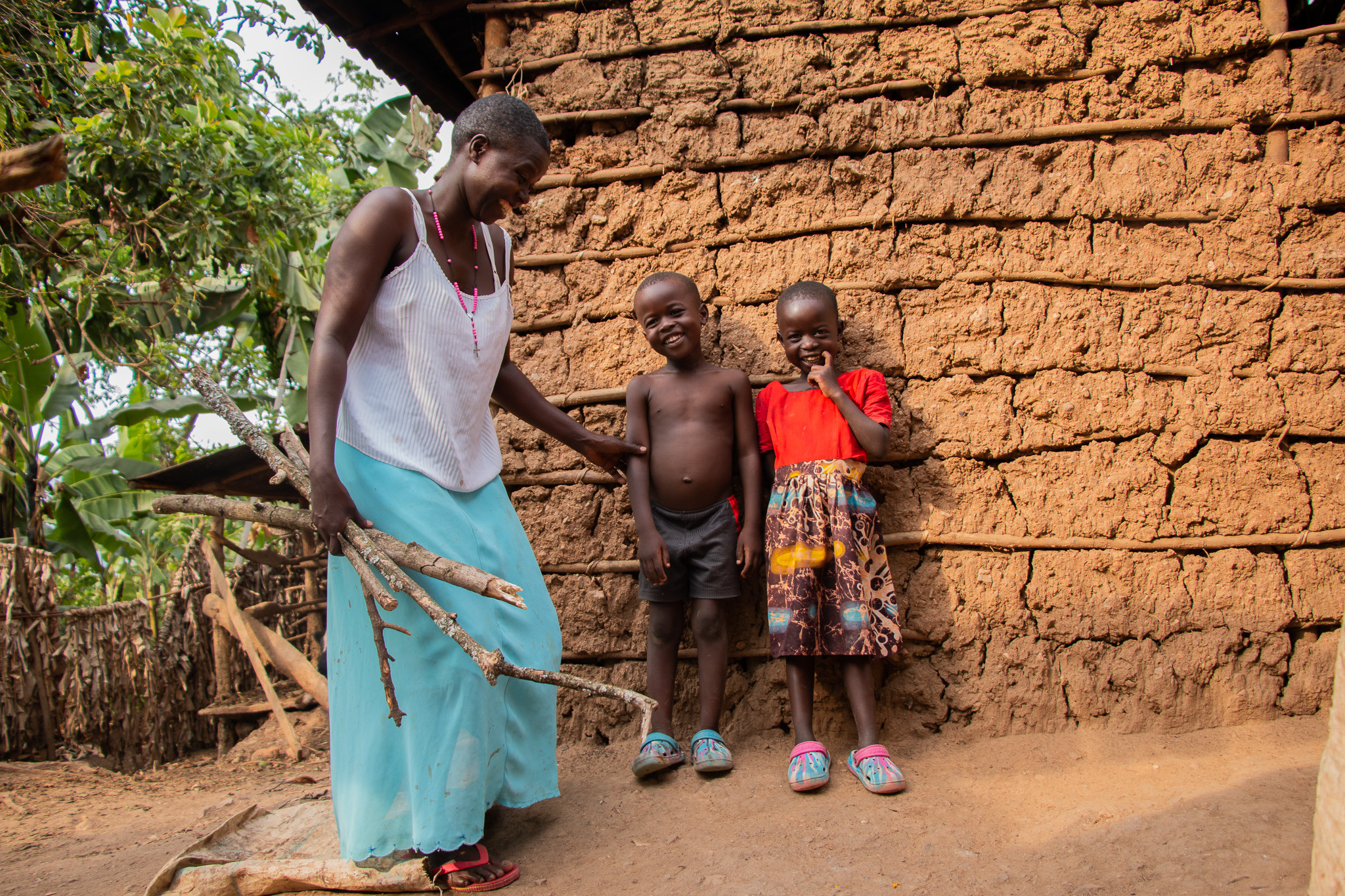Ready, set, stump!
Picture this: you’re a coffee farmer living in Rwanda. You only have a small piece of land littered with old coffee trees that don’t generate a stable income, but they’re all you have. Because the trees are so old, they don't produce the amount and quality of fruit as before, making it even more difficult to earn money. The solution? Stumping the tree to make it healthy and fertile again. Seems easy, right? Well, not really. It actually takes two years for the stump to regrow enough to produce new fruit. What to do, what to do?
That's where 100WEEKS comes in! Basic math will tell you that 100 weeks is almost two years. What if we can cover the costs of stumping the trees?
An adventure
This year, 100WEEKS and coffee exporter Sucafina, alongside Kawahatu and Ahold Delhaize Coffee Company, are going on an adventure, working together in Rwanda where groups of farmers will be encouraged to stump at least one third of their trees and receive an amount that covers the loss of income.
This means that 250 farmers will receive €1,20 a week, accounting for the financial risk of stumping. In addition, they’ll receive training on how to save and invest sustainably. Another group of 250 farmers will receive an additional €2,50 a week to use for further investments in their coffee businesses. The difference between this project and other 100WEEKS projects is (besides the lower amounts) the fact that the money is received under the condition that at least one third of the trees have to be stumped. This project started in August 2024, so make sure to come back for updates!
Not the first time
Our project with Sucafina is not the first coffee project that 100Weeks is involved with. Two years ago, 100WEEKS and coffee supplier Ofi (Olam Food Ingredients) started a project together to help coffee farmers overcome poverty. In Uganda, coffee farmers face similar problems to farmers in Rwanda. This results in farmers having very small plots of land, leading to many living in poverty. So, we came up with a solution. In these cases, farmers received €4,00 a week for 50 weeks. With the help of 100WEEKS’ complementary training, most participants were able to start businesses including poultry or goat farming and catering. These businesses gave them a second form of income.
This project started only 2 years ago, and was only active for 50 weeks. So does this mean that we have the results? Yes, it means exactly that! As with all 100WEEKS projects, we collect data from start to finish and beyond. It's the only way to find out what methods work and what could be improved. And wow, did it improve! To illustrate this, data collected from the Ofi project shows that food security has increased from 11% to 65% and the farmers’ confidence levels went up from 23% to 46%. This is also evident from our most important measurement tool: the MPI (Multidimensional Poverty Index). At the start of the project, 60% of the households were considered extremely poor according to the MPI. After 100 weeks (1 year after the project finished) this number dropped to 23%.
Ancessio’s story
Okay okay, a lot of numbers, I get it. But what do these numbers tell us? Behind every datapoint, there is a narrative, like the story of Ancessio. Ancessio had a small coffee business and needed to increase her income, thus leading her to start a chicken farm. The farm currently has 30 chickens, but she plans to increase to at least 100 chickens, ensuring her a stable monthly income with the opportunity to grow in the future.
Similarly to how Ancessio is diversifying her sources of income, we are constantly shifting and improving our program. What we’re discovering on a daily basis is that tackling poverty doesn’t only impact one individual, but also positively impacts their family, business, and community. Perhaps in collaboration with 100WEEKS, this could even be the entire coffee industry…
